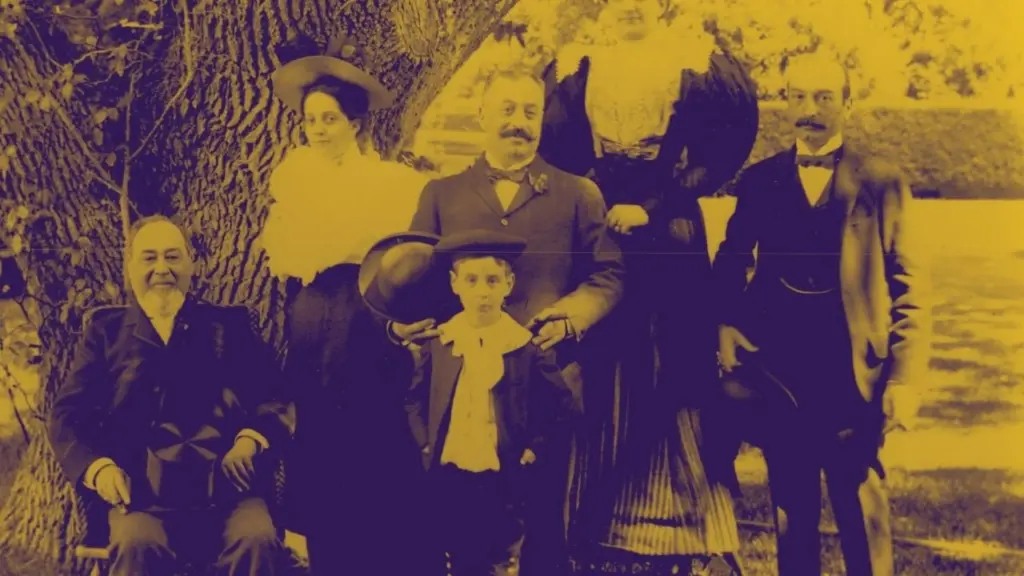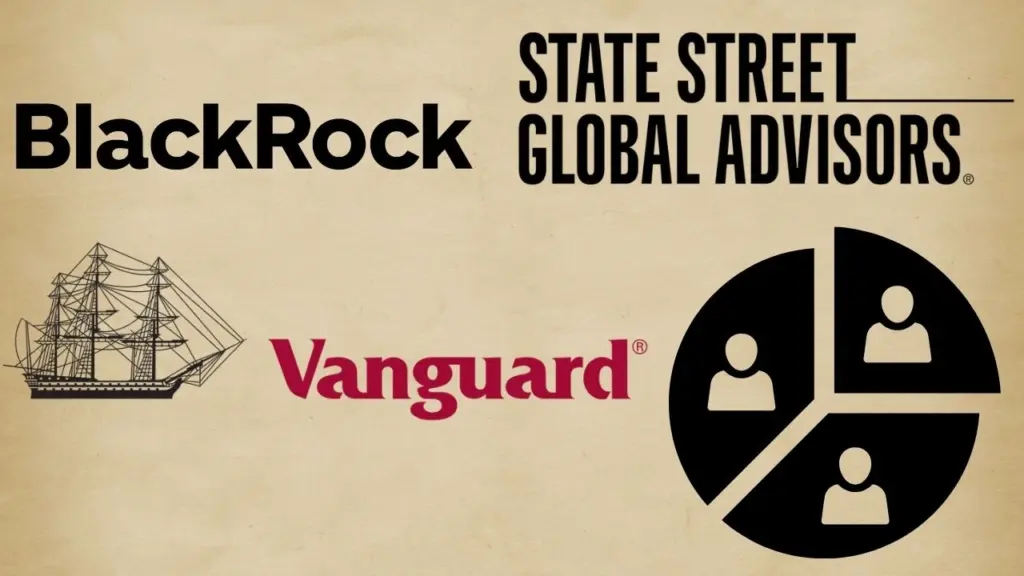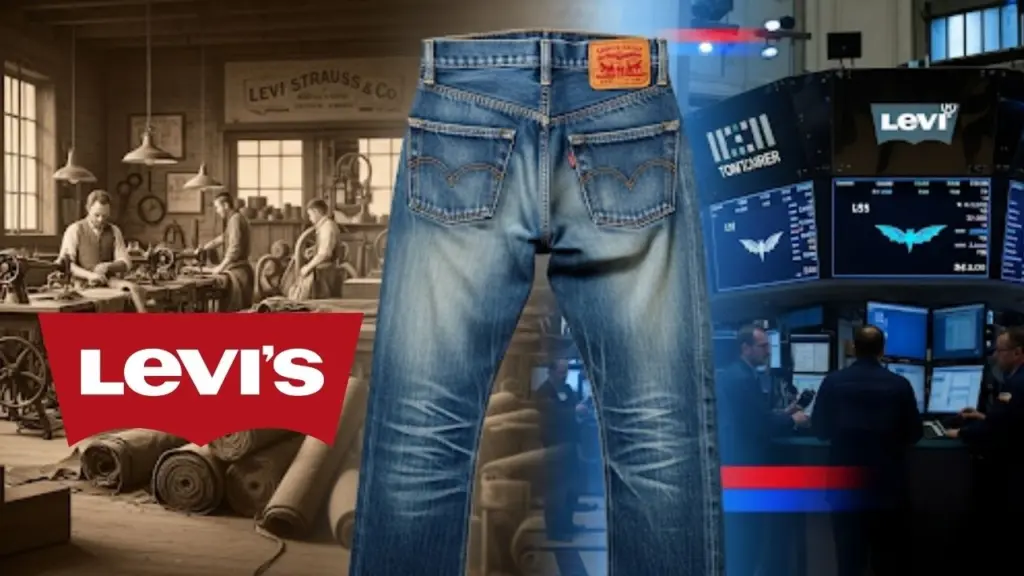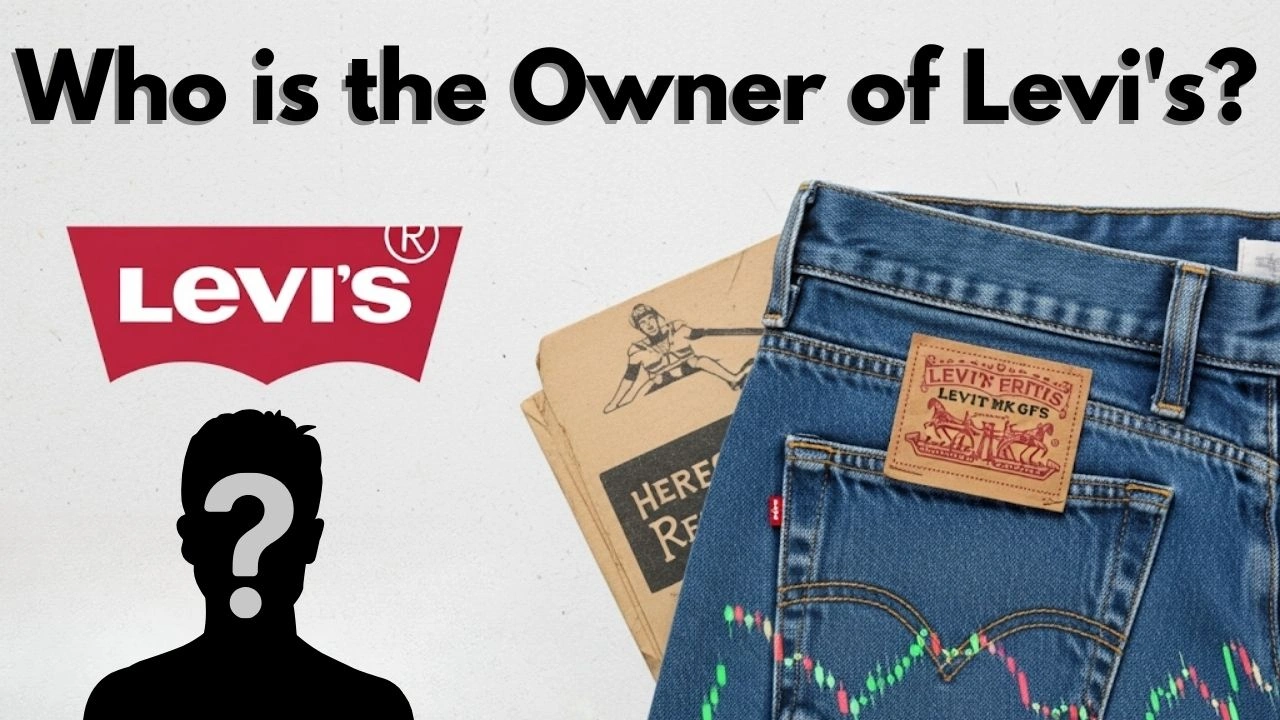Levi Strauss & Co., the iconic American brand known for its denim jeans, jackets, and casual wear, is a publicly traded company listed on the New York Stock Exchange under the ticker LEVI. The company has been owned by shareholders since it went public in 2019, with the Levi Strauss family continuing to hold significant ownership.
The largest shareholders are institutional investors, including major firms such as Vanguard Group, BlackRock, and State Street Global Advisors. Despite its public listing, the Levi Strauss family retains a controlling interest through Class B shares that grant them greater voting power.
Ownership Status of Levi’s
| Shareholder / Owner | Ownership Percentage | Notes |
|---|---|---|
| Levi Strauss family (Class B shares) | ~30% of voting power | The Levi Strauss family controls the company’s Class B shares, which grant them 10 votes per share (compared to 1 vote per Class A share) to maintain voting control. |
| Public shareholders (Class A shares) | ~70% of equity | Class A shares are publicly traded, and institutional investors hold significant portions. The company’s free float was 59.3 million shares as of Q4 2025. |
| Vanguard Group | ~8.1% | One of the largest institutional investors in Levi Strauss via its index funds, as per 2025 SEC filings. |
| BlackRock | ~7.2% | Another major institutional investor in Levi Strauss, with large passive fund holdings. |
| State Street Global Advisors | ~6.4% | Third among large institutional investors in Levi Strauss according to 2025 filings. |
The Levi Strauss family continues to hold Class B shares, which allow them to retain voting control, even though they own a smaller portion of the company’s equity. The public shareholders (through Class A shares) hold the majority of the equity but have limited voting power.
About the Owner(s)
Levi Strauss family (founders and controlling shareholders)

The company was founded in 1853 by Levi Strauss, a Bavarian immigrant who established the business in San Francisco during the California Gold Rush. The Levi Strauss family has remained closely connected to the company, and several descendants of Levi Strauss still have substantial influence over the company. The family’s ownership stakes are held through Class B shares, which have greater voting rights than the publicly traded Class A shares. Currently, Robert Strauss (Levi’s great-grandnephew) serves as the family representative and holds a key role in the company’s strategic direction.
Public Shareholders

Since Levi Strauss went public in 2019, a majority of the company’s shares are held by institutional investors. Class A shares are freely traded on the New York Stock Exchange under the ticker symbol LEVI. As of Q4 2025, the company had over 59 million shares in public circulation. The largest institutional investors include Vanguard Group, BlackRock, and State Street Global Advisors, who collectively own over 20% of the company’s total equity. These investors do not have significant voting power, as their holdings consist primarily of Class A shares, which only grant 1 vote per share, compared to the 10 votes per share granted to Class B shares.
Class A and Class B Shares: Voting Power
In terms of control, the Levi Strauss family maintains voting control over the company through their Class B shares. These shares were created as a way for the family to retain power over the company while allowing the public to invest in its equity. For every Class B share held, the Levi Strauss family receives 10 votes. In contrast, Class A shares, which are publicly traded, only carry 1 vote per share. This structure means that even though public investors own more equity in the company, the family holds a majority of the voting power, allowing them to influence major decisions, such as mergers, acquisitions, and changes to corporate governance.
Levi’s Company Overview

Levi Strauss & Co. operates as one of the largest and most recognizable apparel brands in the world, best known for its denim jeans and jackets. It markets products under the Levi’s, Dockers, and Denizen brands. The company operates retail stores worldwide and sells its products through various wholesale channels. Levi Strauss has continued to innovate and expand its product offerings with an increasing focus on sustainability and inclusivity.
- Founded: 1853 by Levi Strauss
- Headquarters: San Francisco, California
- Key Products: Levi’s jeans, jackets, and apparel; Dockers casual trousers; Denizen value-priced jeans
- CEO (as of 2025): Chip Bergh
- Stock Ticker: LEVI (NYSE)
Levi Strauss & Co. has approximately 500+ retail stores across the globe and its products are also sold through e-commerce, wholesale retail outlets, and department stores. The company focuses on both classic products like 501 Levi’s jeans and modernized versions that appeal to younger consumers. Levi Strauss has also emphasized sustainability initiatives, including its water-saving techniques in denim manufacturing and use of recycled materials in its clothing lines.
Recent Developments in Ownership
- 2019: Levi Strauss went public, offering its Class A shares on the NYSE under the ticker LEVI. The IPO raised $623 million in proceeds, valuing the company at $8.6 billion. Despite going public, the Levi Strauss family retained control over voting decisions by holding Class B shares.
- 2020: Levi Strauss has grown its e-commerce segment during the COVID-19 pandemic by embracing digital sales channels, with a significant increase in online sales.
- 2022–2025: The company has focused on expanding its product line to include sustainably produced products while working on improving its supply chain operations.
- Recent Shareholding Trends: The Levi Strauss family continues to control the company’s voting power via their Class B shares, while major institutional investors such as Vanguard and BlackRock hold significant equity stakes in the company. As of the latest filings, the Levi Strauss family owns approximately 30% of the voting shares despite holding a smaller percentage of the company’s equity.
FAQs
Q: Who is the current owner of Levi’s?
Levi Strauss & Co. is publicly traded, with Class A shares on the NYSE. The Levi Strauss family continues to hold Class B shares, maintaining control over the company’s voting rights. However, ownership of the company is divided among institutional investors who own the majority of Class A shares.
Q: Is Levi’s publicly traded or privately owned?
Levi Strauss is publicly traded, with its Class A shares listed on the NYSE under the ticker LEVI. However, the Levi Strauss family maintains significant voting control through Class B shares.
Q: Who founded Levi’s?
Levi Strauss founded the company in 1853 in San Francisco, California, initially selling denim workwear to miners during the California Gold Rush. The brand became famous for its iconic 501 jeans, which are still in production today.
Q: Has the ownership of Levi’s changed recently?
No significant changes in ownership have occurred recently. The Levi Strauss family continues to hold the majority of voting power through their Class B shares, while institutional investors own the majority of Class A shares.
Discover more from Who Is The Owner Of
Subscribe to get the latest posts sent to your email.

